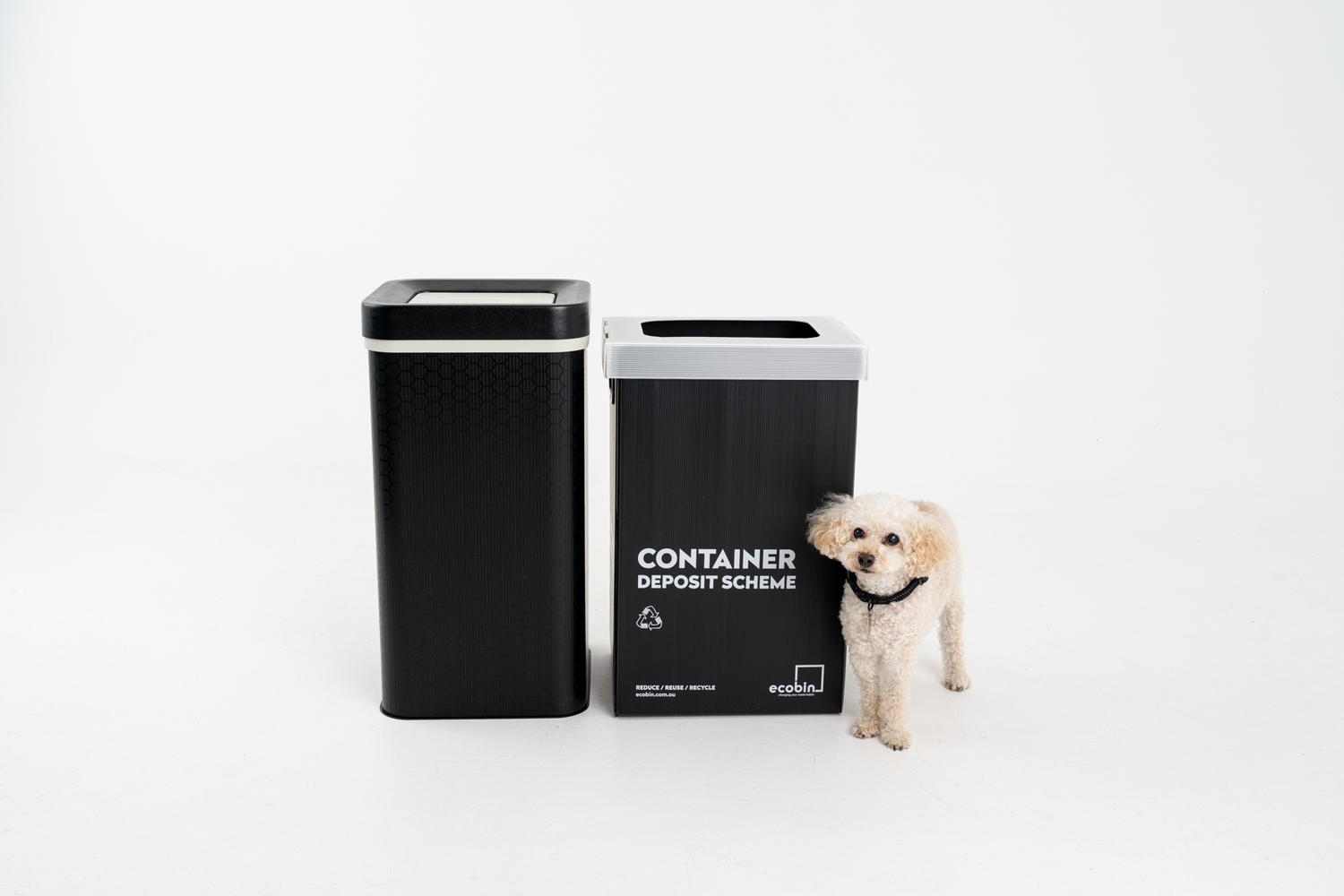Here’s a quick test of your knowledge of Australian food expiry dates. It will show whether you’re one of those people who mistakenly throws out food when it’s still perfectly fine to eat.
You have an unopened item in your kitchen cupboard or fridge with a “Best Before” date that passed a week ago. You followed the directions on the label for storage. Would you serve it up at the next family meal or toss it?
When it comes to food waste, here in Australia we’re on a par with the rest of the developed world. We waste lots of it — roughly 130 kg per person, per year.
According to a
study of US consumer behaviour, where food labelling practices are quite similar to our own, 20% of that food waste comes down to misinterpretation of labels.
We tend to think of food expiry dates as indicators for food safety, but the reality isn’t as clear cut.
Do You Know Your Labels?
But back to our test…
If you decided to toss the unopened food item that was a week past the Best Before date, you almost certainly wasted it unnecessarily. You could have eaten it.
That’s because in Australia, the Best Before date is simply a manufacturer’s guide to peak freshness for shelf stable products. The Best Before date has very little to do with safety and in some cases, can be totally misleading.
Best Before dates apply to items such as canned foods, sugar, flour, pulses, rice, chocolate, frozen foods, cheese, cereals, biscuits and sauces.
Stored properly, most of these products will last weeks, months and in some cases, even years without serious degradation in quality.
Indeed, some cynics argue that Best Before dates are a clever ploy used by manufacturers to get consumers to replace products long before they need to.
Best Before is one of two widely used date types permitted by Australian law.
The other date, Use By, really is worth paying attention to for safety’s sake.
Use By is a mandatory date for produce that really can make you sick if you go much past it.
It applies to meat, fish, eggs and dairy and it’s illegal for shops to sell produce beyond that have passed it.
Whose Advice Can You Trust?
So if it’s OK to go past the ‘Best Before’ dates on many foods, how long should we really keep stuff before throwing it out?
And what about cooked food? How long is that safe to keep?
Thankfully there’s a number of online resources providing carefully researched advice on food shelf life.
The best and most comprehensive website we’ve found is
Still Tasty. It’s a privately owned site with a big searchable database. It also provides informative articles on food storage. When in doubt about a food item, a quick search on Still Tasty will tell you how long it’s safe to keep it under different conditions.
Another, less comprehensive, but nonetheless useful database is available through
Foodkeeper, a collaboration between Food Marketing Institute at Cornell University and U.S. Department of Agriculture. A useful feature of Foodkeeper is that offers mobile apps for both iPhone and Android devices.
Think Twice Before Throwing These Foods Out
Here are some examples of food that keep well beyond the Best Before dates you’ll normally find on their labels.
Canned foods: Nuclear bunkers stock up with canned foods for good reason. Stored under correct conditions they can last 2-4 years or more.
Dried Noodles and Pasta: Another favourite of survival nuts who build fallout shelters in their basements. Kept in airtight containers these will last for years.
Pulses, Grains and Rice: can keep for two to thirty years if stored properly! Mankind has been squirrelling away grains for multi-year storage since the times of the ancient Mesopotamians and Egyptian Pharaohs. They didn’t have air tight Tupperware back then either. Basmati rice connoisseurs prefer grains that have been aged anywhere between one and a half and three years.
Sugar, Honey, Maple and Golden Syrup: All keep indefinitely. Some years ago a 60 year old tin of golden syrup from Scott’s Antarctic expedition was opened and tasted. It was perfectly edible.
Salt: Keeps indefinitely.
Jam and preserves: Keep for a year or two after the best before date. It’s the high sugar content that extends shelf life. Low sugar versions won’t keep so well.
Vinegar: Keeps indefinitely
Stock Cubes: Will keep indefinitely.
Cheese: Depending on type it can keep for several weeks beyond its best before date. Surface mold can be safely cut off.
Milk: ordinary pasteurised milk lasts no more than 6 days. Organic milk, on the other hand, typically lasts for four to six weeks. This is because organic milk is usually ultra-pasteurised, or UHT treated. Dried milk powder is another one of those miraculous foods that can keep for years under the right conditions.
Dried Fruits: will last 2 - 3 years
Next time you think about throwing out food because it’s passed the expiry date, think twice. If in doubt check the
Still Tasty or
Foodkeeper websites.

